The “NEW WORLD MORAL MAP” was printed in Philadelphia in 1942, by Maurice Gomberg, 3 years before the end of WWII, and just before the adoption of the United Nations Charter by the United States. It outlines new “world regions.” Canada, the United States, and Mexico become the new “United States.”
[Source: Article by Joyce Rosenwald titled, One World Government: The New World Order Moral Map.]
The Global Research website has both a large image (with zoom) of the map and the text of the bottom section of the map titled, “Our Policy Shall Be This”.
Posted on the Library of Congress website
Anarchy Defined As Nation-State Organization
On Sunday November 27,1938 The London Observer covered a speech by Lord Lothian, the wartime British Ambassador to the United States. The speech was titled “Wings Over History, A New Civilization.” In his speech he stated…. “the anarchy of multitudinous national sovereignties is about to dissolve . . . the world is going to fall into four or five main political and economic groups, each in great measure self-supporting, each under the leadership of a great State equipped with modern military and air power . . .”
[Source: The Pennsylvania Crier, owned and published by Ed Balajeski]
Text on the Moral Map
The following is the text of the inset to the left of the tip of South America. It is an excerpt from Franklin Delano Roosevelt’s Four Freedoms speech. Note that Roosevelt expressed his opposition to the “greater conception of the Moral Order”.

Franklin Delano Roosevelt • Four Freedoms Speech • January 6, 1941
United Nations and Regionalism
The United Nations Charter was signed at the United Nations Conference on International Organization (San Francisco Conference) on June 26, 1945. The U.S. Congress passed the United Nations Participation Act on December 20, 1945.
Regional Pacts are recognized in Chapter 8 of the UN Charter.
The Vandenberg Resolution was passed by the U.S. Senate on June 11, 1948 calling for progressive development of regional and other collective arrangements and for Association of the United States by constitutional process with such regional and collective arrangements.
Franklin Delano Roosevelt appointed Nelson Rockefeller to be the first Coordinator of the Office of Inter-American Affairs in 1940 and he became the Assistant Secretary of State for American Republics in 1944. According to Rockefeller’s Senate biography:
He played a key role in hemispheric policy at the United Nations Conference held in San Francisco, developing consensus for regional pacts (such as the Rio Pact and NATO) within the UN’s framework.
Winston Churchill
On March 5, 1946, Winston Churchill came to Fulton, Missouri to give a speech. He was in the Parliament but he was not in the government and was not speaking for the government of the United Kingdom. The speech is formally titled, the Sinews of Peace. Informally, it became known as the Iron Curtain speech.
Churchill set up the framework for east-west relations in his speech. He used the words of American military men saying that what he was delivering was the “overall strategic concept”. The objective he said, was nothing less than the safety and welfare, the freedom and progress of all the homes and families of all the men and women in all the lands.
Churchill gave a list of capitol cities that would be in Moscow’s sphere of influence. Interestingly, he said that only Athens, Greece “with its immortal glories-is free to decide its future at an election under British, American and French observation”.
Churchill also mentioned several times what good friends the Empire was with the Soviet Russians.
At the beginning of Churchill’s speech, he did say that he was not there in his official capacity but was that slight of mouth? He kept referring to the British Empire and the British Commonwealth which is technically separate from the government of Great Britain but it is one and the same. His purpose it seems to this writer was to solicit support for the Commonwealth’s strategic objective and to extend an invitation and get the United States to join the Commonwealth in the plan. He noted in particular, Canada’s membership in the Commonwealth and the Permanent Defense Agreement the U.S. had with Canada:
“The United States has already a Permanent Defence Agreement with the Do-minion of Canada, which is so devotedly attached to the British Commonwealth and Empire. This Agreement is more effective than many of those which have often been made under formal alliances. This principle should be extended to all British Commonwealths with full reciprocity. Thus, whatever happens, and thus only, shall we be secure ourselves and able to work together for the high and simple causes that are dear to us and bode no ill to any. Eventually there may come-I feel eventually there will come-the principle of common citizenship, but that we may be content to leave to destiny, whose outstretched arm many of us can already clearly see.”
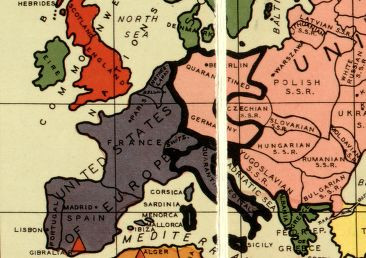
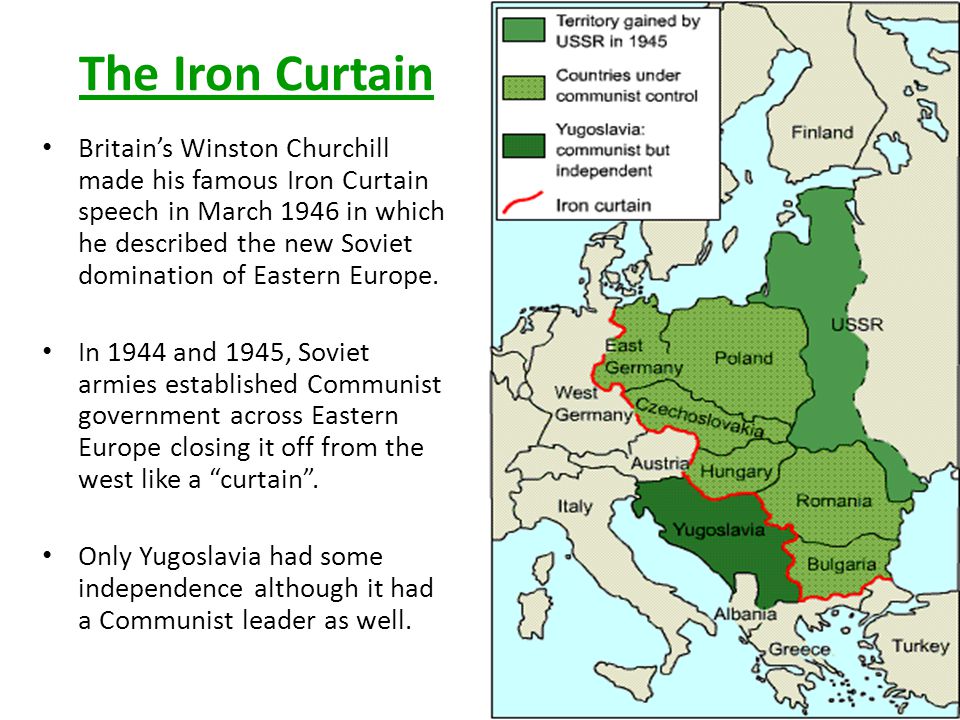
Marshall Plan
On June 5, 1947, General George Marshall proposed a plan for the reconstruction of Europe (Marshall Plan). On April 2, 1948, the Economic Cooperation Act was passed by Congress and was signed the next day by President Truman. A declassified State Department report on the Department’s position on the European Recovery Plan included the following:
Progressive replacement of bilateral trading arrangements by more effective multilateral arrangements for expanding intra-European trade, looking, if possible, toward an eventual European customs union. (pg 6 – pdf)
Stated succinctly, the Marshall Plan wasn’t about rebuilding buildings. It was about reconstruction of the political and economic organization of Europe.
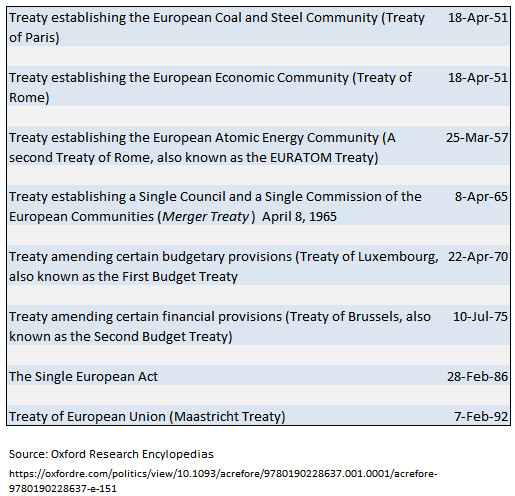
Operation Pan-America
 Following World War II, the International Conference of American Republics reconstituted themselves as the Organization of American States (OAS). The OAS Charter was adopted in Bogota, Columbia on April 30, 1948. The OAS Charter proclaims the organization to be a regional agency within the UN system. [OAS Mission History]
Following World War II, the International Conference of American Republics reconstituted themselves as the Organization of American States (OAS). The OAS Charter was adopted in Bogota, Columbia on April 30, 1948. The OAS Charter proclaims the organization to be a regional agency within the UN system. [OAS Mission History]
In 1958, Brazilian President Juscelino Kubitschek wrote an “Aide Memoire” to the Governments of the other American States proposing a plan for economic and social aid to “solve the disease of under development” for Latin American countries.
“Kubitschek praised the U.S. for its prompt aid in reconstructing war-ruined European economies. But, he said sadly, Washington did not show “equal interest in the serious problem of development in countries still with rudimentary economies.”
“He dubbed the task of developing Latin America “Operation Pan American,” and in effect appealed for a Marshall Plan to do the job.”
General definition: Operation Pan America is not an undertaking limited by time, with objectives to be attained in a short period; rather, it is a reorientation of hemispheric policy, intended to place Latin America, by a process of full appraisement, In a position to participate more effectively in the defense of the West, with a growing sense of Vitality and a greater development of its capacities. Thus, Operation Pan America is more than a mere program; it is an entire policy.
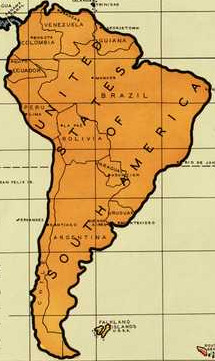
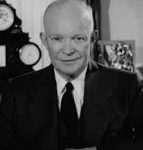 On July 11, 1960, Dwight D. Eisenhower spoke at an event in Newport, RI. He agreed to Kubitschek’s demands for a South American Marshall Plan. Presumably because there was no post-war excuse for this commitment, the language to describe what they were doing was changed to “Economic Development” as the propaganda tool to dupe the American people into believing that their efforts were charitable rather than world reconstruction for empire.
On July 11, 1960, Dwight D. Eisenhower spoke at an event in Newport, RI. He agreed to Kubitschek’s demands for a South American Marshall Plan. Presumably because there was no post-war excuse for this commitment, the language to describe what they were doing was changed to “Economic Development” as the propaganda tool to dupe the American people into believing that their efforts were charitable rather than world reconstruction for empire.
Eisenhower remarks at Newport, RI, July 11, 1960.
When John F. Kennedy was elected to the Presidency, he continued the empire program under the name, Alliance for Progress. The rest is history.

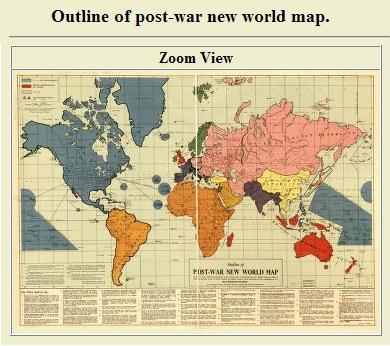
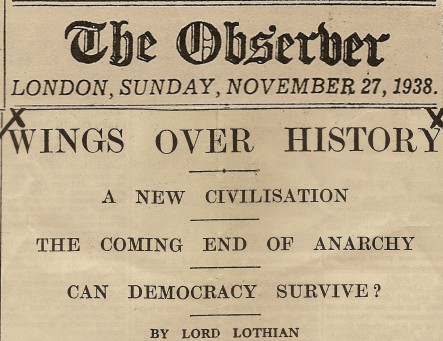
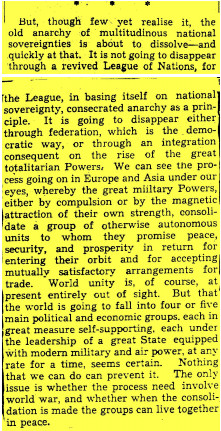

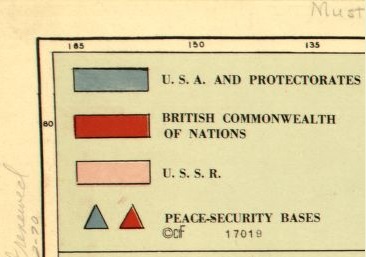
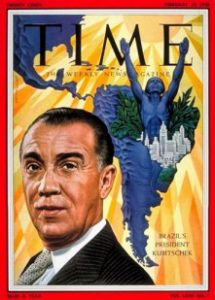



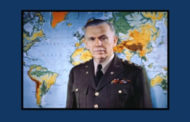
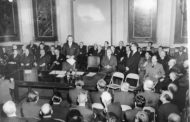
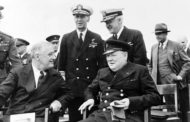
3 Comments
Joe
This is Fabien socialism, a form of communism, comes out of Prussia, their dreams never end, the people that wish this on the world never sleep, they are in control and have manipulated so many uneducated minds into envy and jealousy, people in America will have to feel pain before they understand their folly
Vicky Davis
They’ve been feeling the pain for decades but they don’t understand where the pain is coming from. Rarely will you hear the political groups talk about trade agreements (that aren’t about trade), regionalism and the sacrifice of American sovereignty, the separation of the economy from the political system – leaving the political system impotent to change anything. We need leaders who can comprehend the strategy that has been used against our country and who will not use that information to enrich themselves while they throw dirt on the coffin of what was America and that is now – nothing but a cash machine for the wealthy and connected.
Joe
Agree!